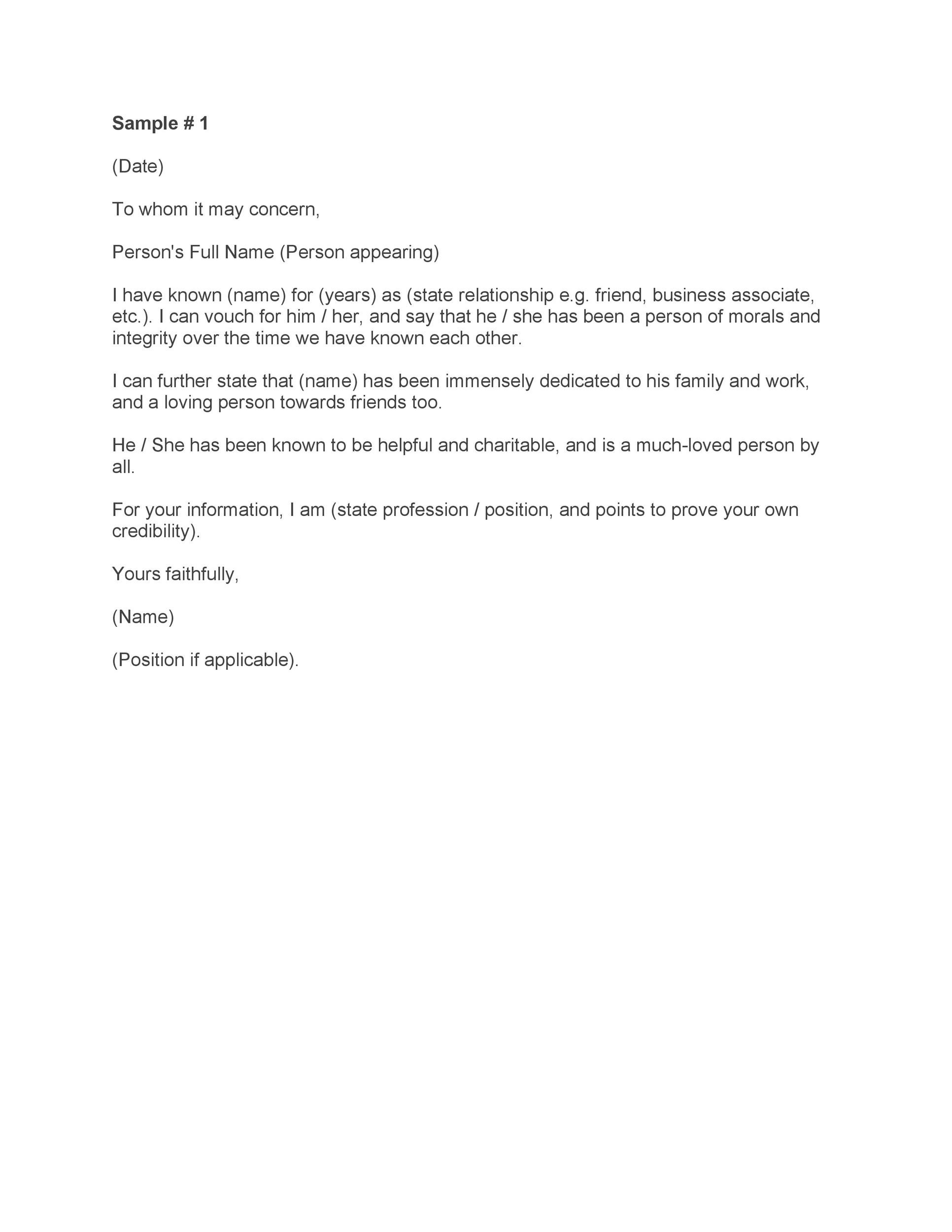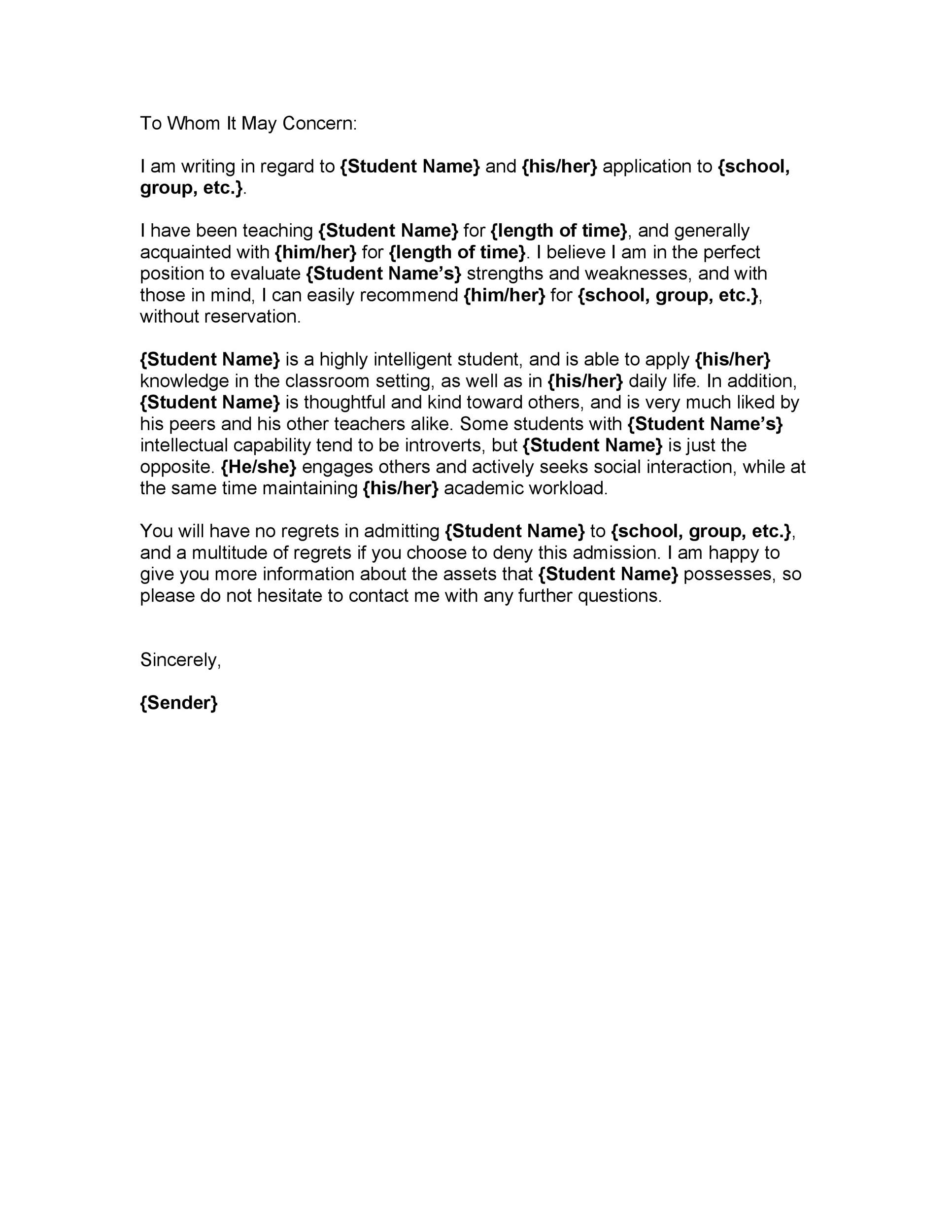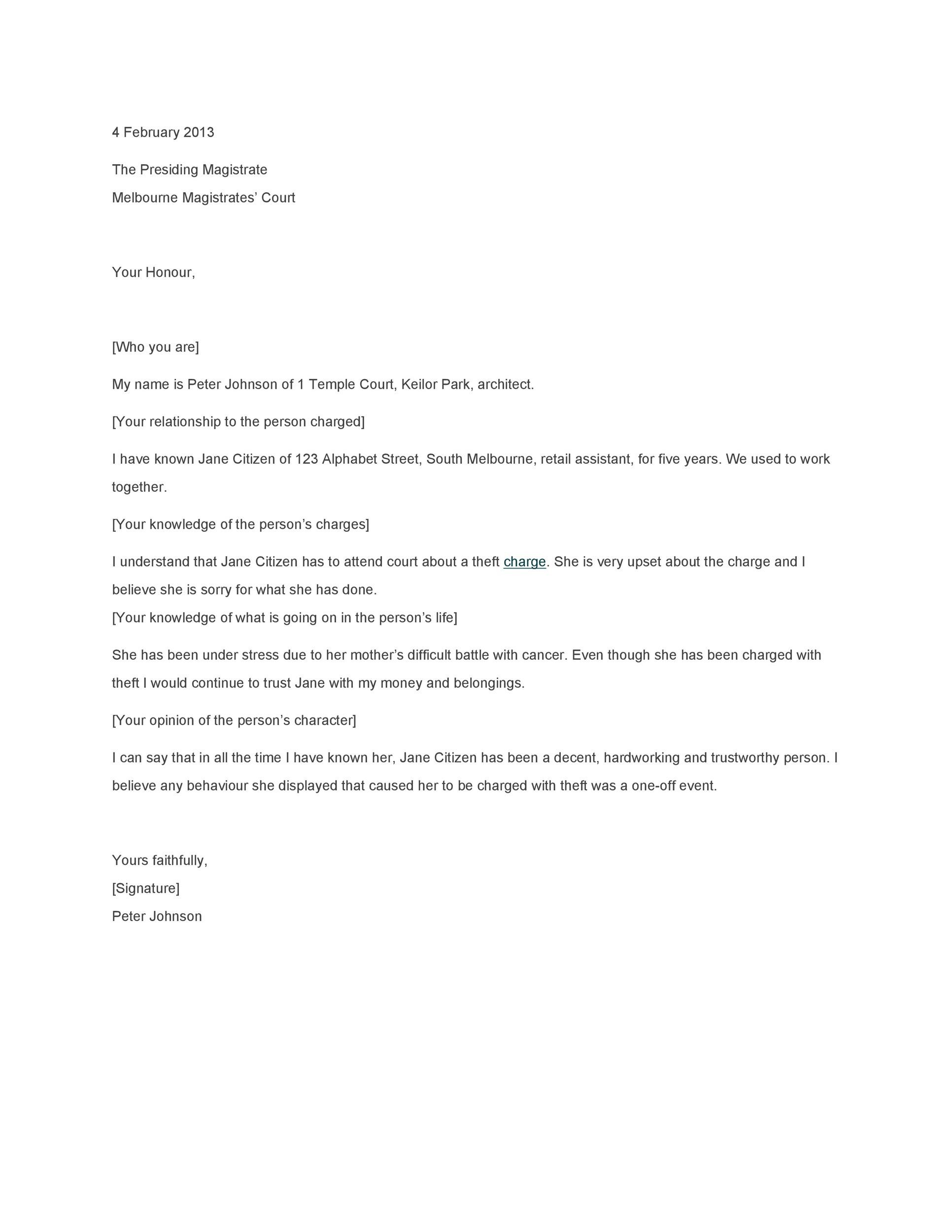Have you ever experienced a situation where a character letter damaged your credibility after a conviction? In this article, we will discuss the impact of such letters and provide examples that you can modify to fit your specific circumstances.
The Pain Point for Character Letter Damaged My Credibility After Conviction
Character letters are often submitted to court or other authorities to provide insight into a person’s character, especially in cases where they have been convicted of a crime. However, these letters can sometimes have unintended consequences, such as damaging the credibility of the person they are meant to support. Here are some common pain points associated with character letters that have backfired:
- The letter contains inaccurate information or exaggerations that are easily disproven.
- The author of the letter has a questionable reputation or credibility themselves.
- The letter fails to address the specifics of the conviction or provide any meaningful context.
- The tone of the letter comes across as insincere or overly defensive.
- The letter focuses more on the author’s relationship with the person convicted rather than the person’s character.
Example of Character Letter Damaged My Credibility After Conviction:
Dear [Recipient’s Name],
I am writing this letter in support of [Name], who has recently been convicted of [crime]. I have known [Name] for many years and can attest to their good character and moral values. [Name] is a kind and honest person who made a mistake, and I believe they deserve a second chance.
However, I must admit that I was unaware of the severity of the charges against [Name] until after the conviction. I regret not fully understanding the situation before writing this letter, and I apologize for any unintended consequences my words may have caused.
In hindsight, I realize that my letter may have come across as dismissive of the seriousness of the crime. I want to clarify that I do not condone [Name]’s actions and understand that they must face the consequences of their choices. I hope that [Name] can learn from this experience and emerge as a better person in the future.
Sincerely,
[Your Name]
Character Letter Damaged My Credibility After Conviction
Character witness letter for court – apoindustry

38 Free Character Witness Letters (Examples + Tips) ᐅ TemplateLab

38 Free Character Witness Letters (Examples + Tips) ᐅ TemplateLab

Complaint Letter Damaged Luggage – Do you need a Complaint Letter

38 Free Character Witness Letters (Examples + Tips) ᐅ TemplateLab

Apology Letter for Damaged Property
